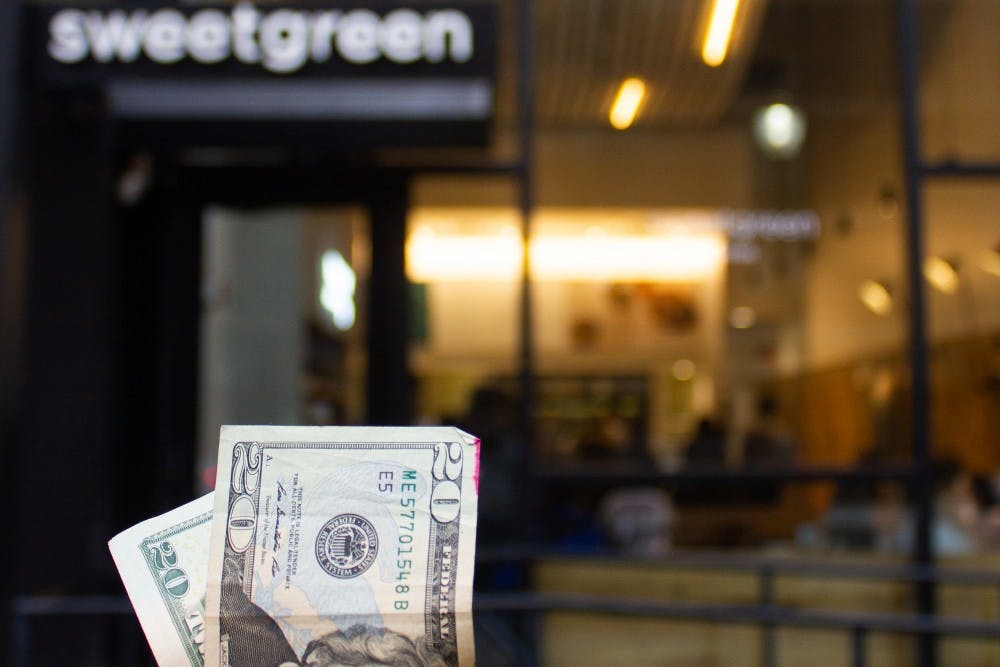
On Oct. 1, Philadelphia officially became the first major U.S. city to completely ban cashless stores, requiring city-wide retail locations to accept cash payments. Businesses that fail to comply with the bill’s demands will incur charges of up to $2,000, CBS Philly reported.
USA Today reported that proponents of this bill argue that cashless establishments are discriminatory towards low-income groups with limited access to credit cards and banking accounts. In Philadelphia, 24.5 percent of the population is below the poverty line, according to a 2018 report from the U.S. Census Bureau.
However, the bill has faced pushback from business owners, who say going cashless reduces waiting times, hygiene problems, and the risk of theft. Sweetgreen CEO Jonathan Neman said the cashless payment system mitigates armed robbery rates in storefronts.
Not all business owners are opposed to the bill. Jason Magowan, the co-partner of Steve's Prince of Steaks, told USA Today that cashless stores have a negative societal impact.
“I think it ends up breeding class warfare in a way," Magowan told USA TODAY. "Going cashless is just a way to control people. I think it's totally wrong and it holds people down."
The ban on cashless establishments will affect several establishments near Penn. In addition to Sweetgreen, located on 39th and Walnut streets, the bill will also impact stores in Franklin’s Table, located on 34th and Walnut streets.
The Daily Pennsylvanian is an independent, student-run newspaper. Please consider making a donation to support the coverage that shapes the University. Your generosity ensures a future of strong journalism at Penn.
Donate



